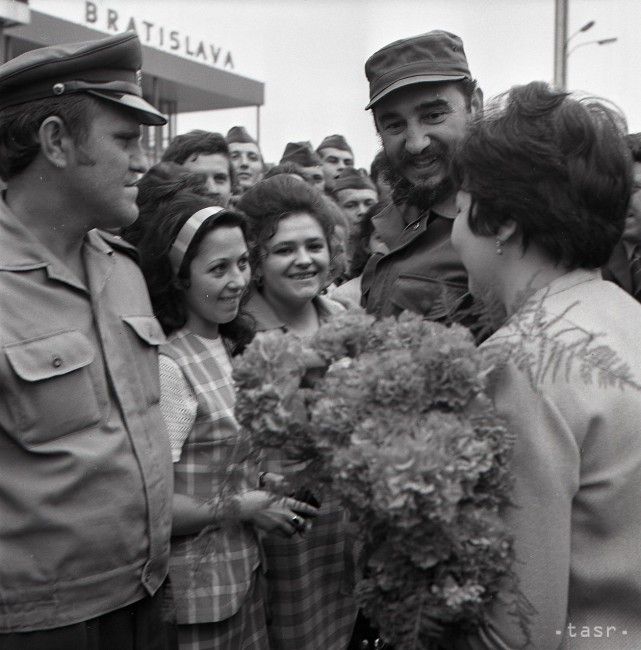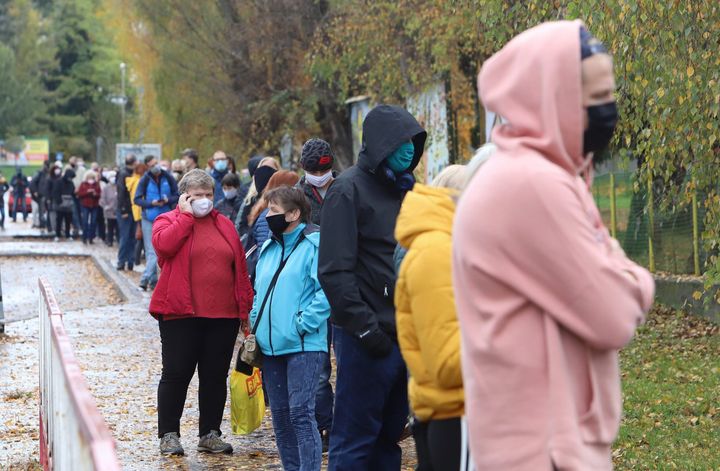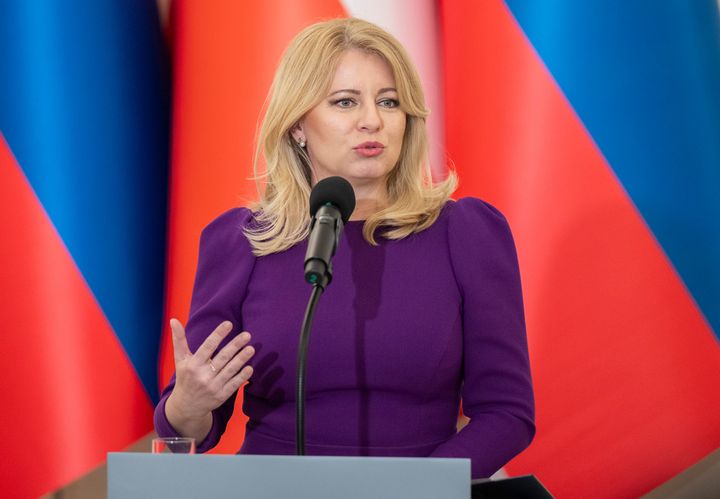Sebej Slams Castro's Regime, Blaha "Afflicted" by His Death

Bratislava, November 26 (TASR) – Executions of political prisoners, economic misery and a lack of freedom are the first things popping up in my mind when Fidel Castro is mentioned, parliamentary Foreign Affairs Committee chairman Frantisek Sebej (Most-Hid) told TASR on Saturday in reaction to Castro’s death late on Friday.
“I can’t recall anything positive he’d made for his country,” said Sebej, adding that Castro’s revolutionary communist regime doesn’t deserve any respect.
According to Sebej, it isn’t true that Cuba hasn’t threatened anyone, as claimed by Prime Minister Robert Fico earlier in the day.
“[Castro] used to send mercenaries to civil conflicts in Africa to kill people,” said Sebej.
Meanwhile, Sebej’s fellow Coalition MP Lubos Blaha (Smer-SD), known for his staunchly leftist views, wrote on Facebook that he was “afflicted” by the news of Castro’s death.
“Cuba without Fidel won’t be the same Cuba any more. I feel sorry for it,” wrote Blaha.
According to the Smer MP, Castro was “one of the greatest personalities in modern history, a staunch communist and Cuban patriot”.
“He became a symbol of resistance to American imperialism and a symbol of revolutionary socialism. He provided education, health care and more dignified life to poor Cubans. Out of a small poor island, he made a globally recognised state, which was helping people in the developing world,” stated Blaha.
The opposition Freedom and Solidarity (SaS) had different comments on Castro’s death, however. “A dictator and tyrant, who kept Cuba in poverty and bondage, has died. Let’s pay tribute to his victims and let’s condemn the deluded people in Smer who eulogise him,” stated SaS.
Boris Kollar, leader of another Opposition party We Are Family, declined to comment on Castro’s death, stating that it wouldn’t be appropriate if he evaluated his legacy. Nevertheless, he expressed his sympathy to the Cuban people, as “many of them liked him”.
Kollar said that he saw Castro in person in Cuba. “He was passing by and I saw people greeting him cordially, even reverentially. Cuba will change now,” added Kollar.



